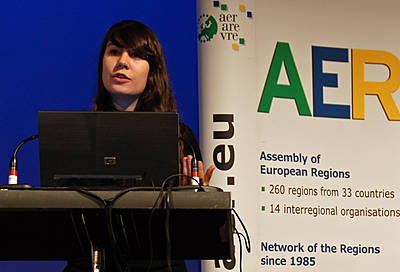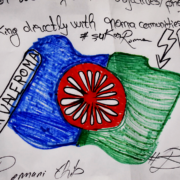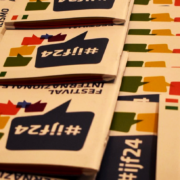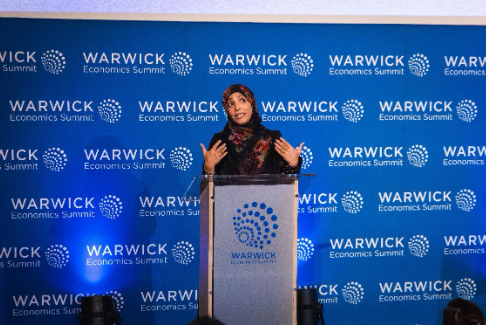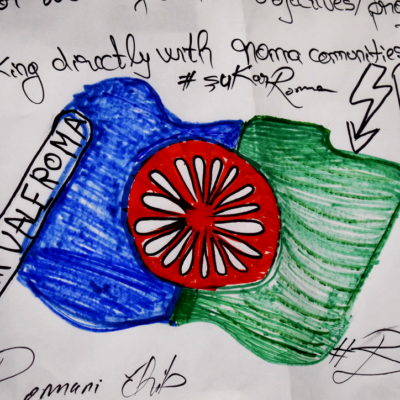By: Mariya Vasileva
One of the main reasons we spend years and years studying is the belief that, at the end, the knowledge and skills we acquire at school and university will lead us to a good job afterwards and to fulfilment of our future career goals.
However, nowadays education is one of the most controversial topics on the political and social agenda, as the gap between what is needed and what is offered on the labour market is getting wider every day. Moreover, at the moment twenty per cent of the youth in the EU are unemployed, although most of them do have a good educational background. As a matter of fact today young people are better educated than at any other time in history but unfortunately that doesn’t seem to be enough.
The question which remains is if this percentage, almost twice higher than the total unemployment rate, is a consequence of the current financial and economic crisis or if it is a sign that our education system needs some quick and large reforms in order to reflect the changes that have taken place during the last couple of decades, such as globalization, technological revolutions, organizational changes, even climate change.
Era of unpredictability
What is difficult is finding the right balance and getting to know where to draw the line – what to keep, what to take off, what to add. The main challenge is that we are now living in an era of unpredictability, a time of constant changes, and to forecast what knowledge and skills one will need in the near future is impossible. If you look at the numbers, there’s a prediction that until 2020 there would be 100 million new jobs created and a significant part of them don’t even exist today. So how to prepare for the unknown?
Here comes the role of using both formal and non formal education initiatives and teaching skills that most probably everyone will need at a given point of his or her life – organization skills, team work, analytical thinking, willingness to take responsibility, creativity, problem solving, learning how to learn skills, etc. The education system should change in a way that does not provide only knowledge but also practical skills which helps one to adapt easy to the constant changes that occurs in the environment and to be as flexible as possible in terms of acquiring new knowledge, information and skills needed. That’s what the education system should give students at the first place and which will make the transition from school to university and then to work much easier.
Fundament of success
How could that be achieved? A good point to start is building better links between educational institutions and “real life” (e.g. including internships into the curricula), promoting initiatives like “Europass” so to increase the recognition of non formal education, having soft-skills seminars, etc.
As a conclusion I would like to cite Thomas L. Friedman, author of the international bestseller “The World Is Flat”, who says in his book that “In the future, how we educate our children may prove to be more important than how much we educate them.” Finding the right balance, the right techniques and the right people to educate the youth will ensure we will all enjoy the benefits afterwards. There’s a saying that education is the fundament of Europe’s success and we should make sure that won’t change.




